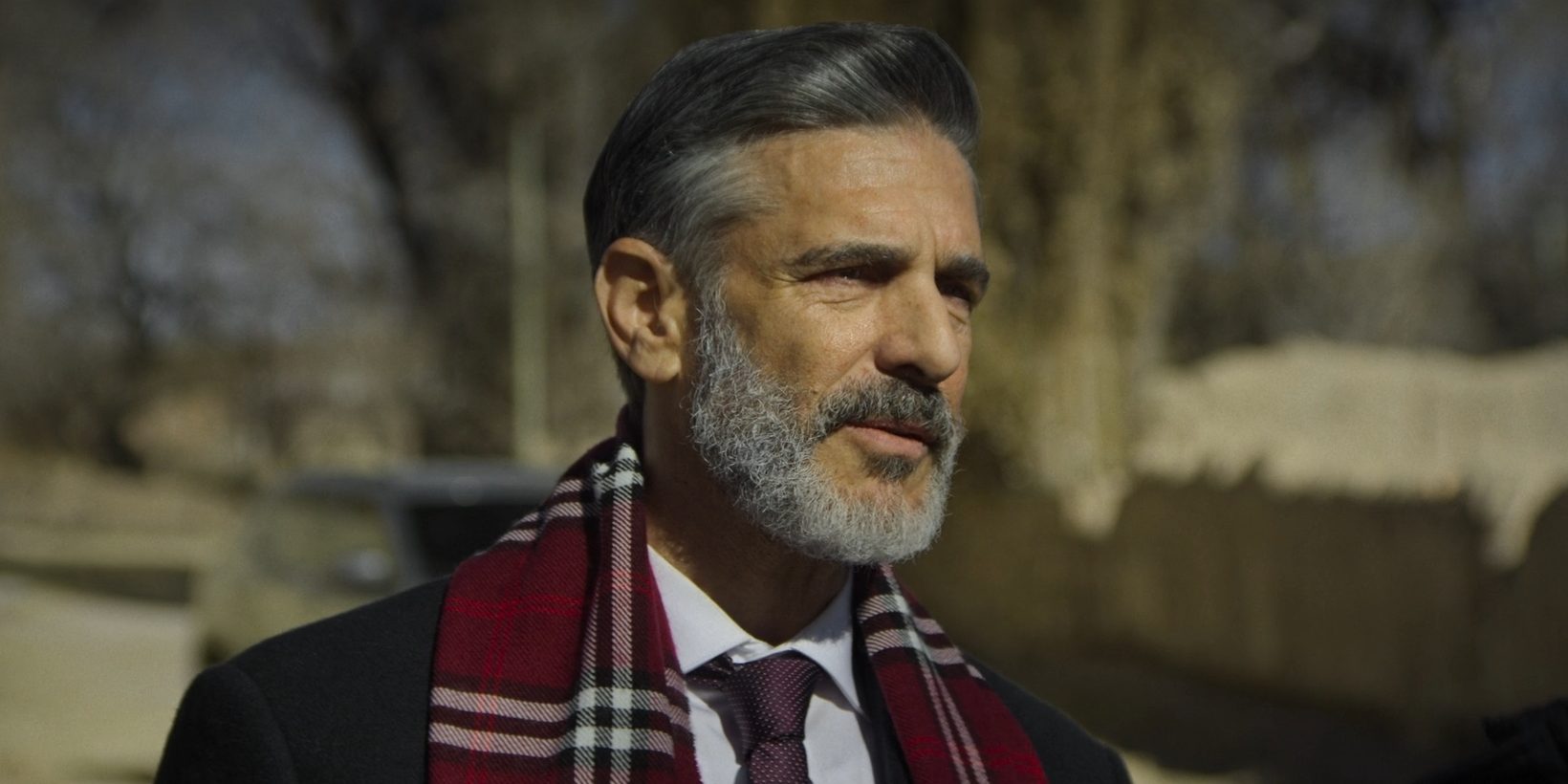Created by Daniel Burman, Netflix’s ‘Maledictions’ or ‘Las maldiciones’ deals with a game of cat and mouse between Fernando Rovira, the Governor of a region in Argentina, and his trusted collaborator Román Sabaté, who kidnaps the politician’s daughter Zoe. Already facing political troubles due to the potential passing of a bill in the regional legislature, the Governor faces unexpected chaos when he has to choose between his political ambitions and the safety of his daughter.
As Fernando tries to stop the passage of the Water Bill through scheming and deception, Román works on the opposite side to ensure that the Bill is passed, but also finds it challenging to handle the complexities of the kidnapping he carries out, while also unraveling mysteries that could be sociopolitically consequential. The Argentine crime thriller series explores themes of morality, sacrifice, political power, and secrecy poignantly, while also navigating relationships between complex individuals.
Maledictions Captures the Essence of Claudia Piñeiro’s Novel
Maledictions is a fictional story based on Claudia Piñeiro’s novel ‘Las maldiciones,’ which talks about politics intricately. The teleplay, written by the creator, along with Natacha Caravia, Martín Hodara, Andrés Gelós, and Pablo Gelós, reflects the ideas of the novel, while also maintaining its own cinematic flavor. In the show, the central issue is the passage of the Water Bill, which holds real stakes for the politicians and the businesspeople involved. The novel also talks about similar issues and interweaves the lives of politicians, advisers, and other related parties in positions of power.
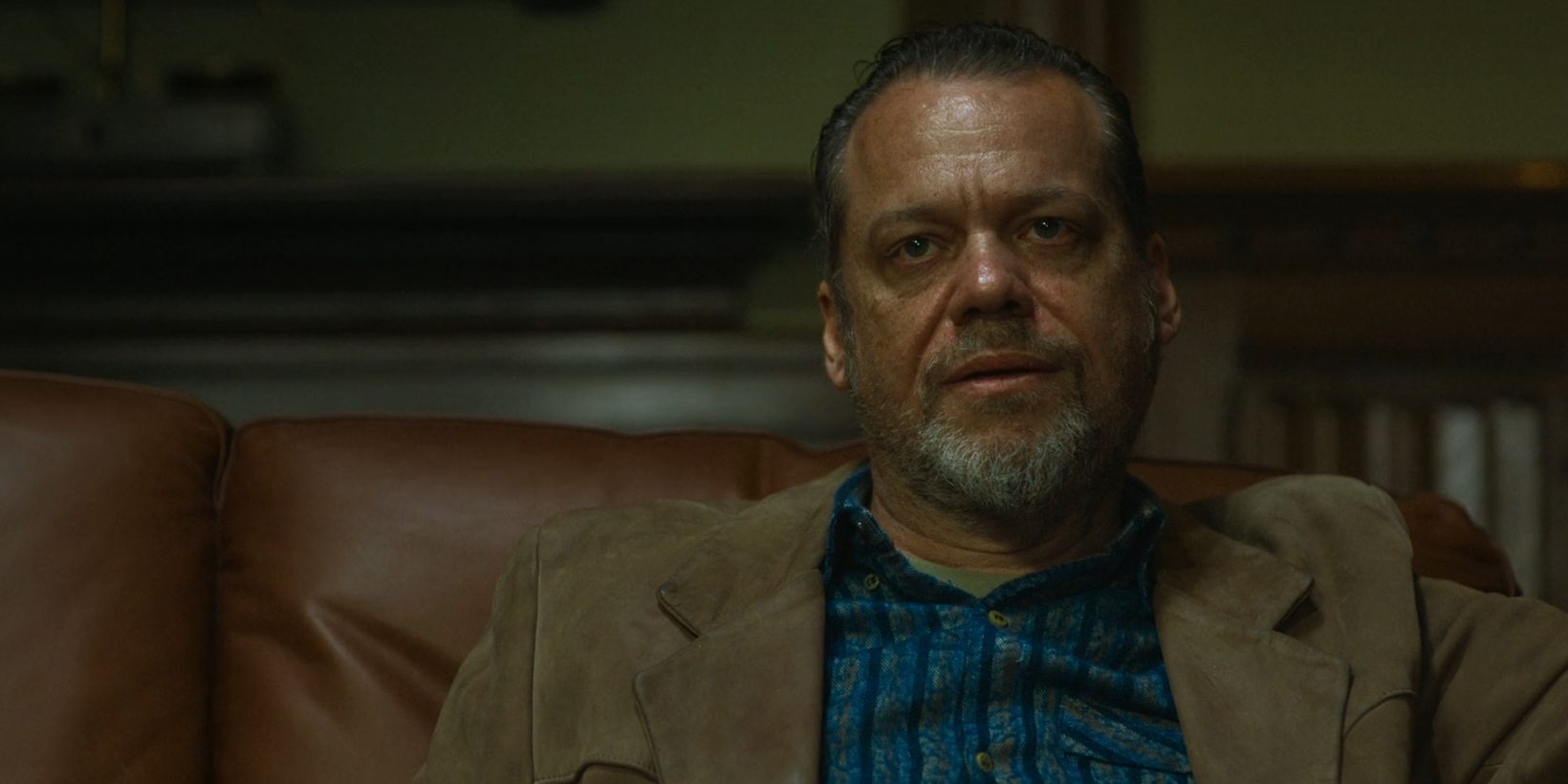
Talking to La Nacion, Daniel Burman said that Claudia created characters with moral dilemmas that inspired the creation of the show. When asked about why he chose to make a miniseries and not a film, he explained his choice, stating that Claudia’s book immediately inspired him, and that he found it very strange and wonderful how material not his own could dictate not only the story but also the way it is narrated. When talking to La Voz, Gustavo Bassani, who portrays Román Sabaté in the series, said that his character thinks he can change something, but suddenly, that world becomes one where the desire for power is extremely strong. He describes it as swimming against the current, which is impossible and makes one drown. So, the only chance is to get out of the water alive.
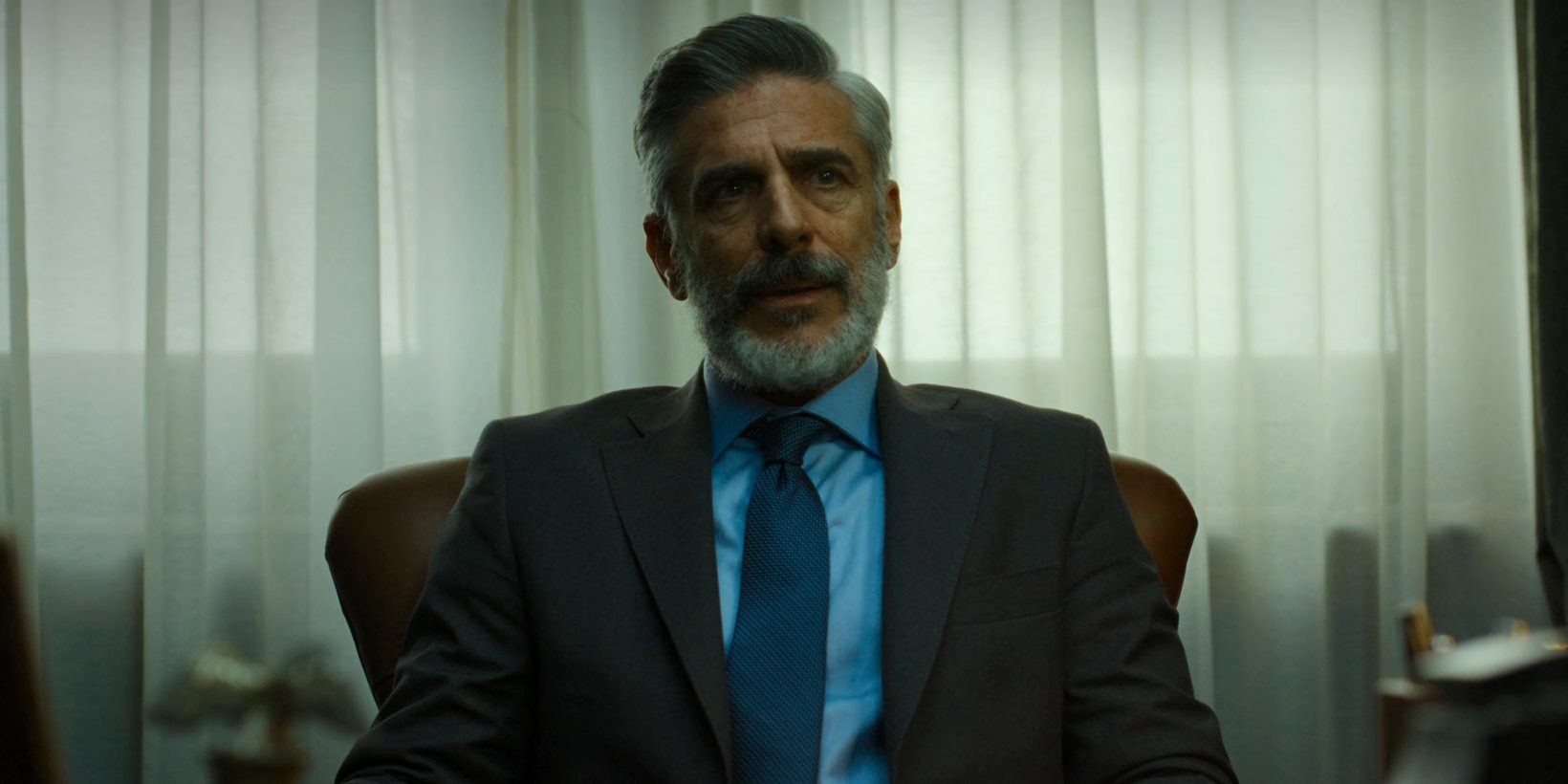
Claudia Piñeiro echoed the actor’s sentiment in an interview with Zenda, explaining her novel’s focus on the power dynamic between two characters, Fernando Rovira and Román Sabaté. This relationship evolves from boss-employee to master-apprentice, and ultimately to political leader-assistant. The author added that the political world was the most fitting setting for this common power imbalance, where the person in charge eventually dictates the sacrifices required for themselves and the political party. The series reflects the messages and characters of the novel in a way that honors its legacy. Despite the fictional nature of the characters, they exist in a world that bears a striking resemblance to the real world, which is also based on power dynamics.
The Narrative Intricately Touches Upon Lithium Politics
One of the major themes of the show is its exploration of resource-based politics, especially in relation to Lithium, which is an important resource for the country. The geopolitically significant resource acts as a decisive force that determines the actions of the main characters, especially Fernando and Román. According to a 2023 report from the Lowy Institute, Argentina emerged as a major player in the arena of Lithium politics, potentially rivaling Australia. The South American country holds the world’s largest share of salt-lake lithium, which makes up 21% of the global total, and it is relatively cheap to extract the resource in its territory. Despite this, it only produces 6% of the world’s lithium, falling behind Australia and Chile, which have a greater share in global production.
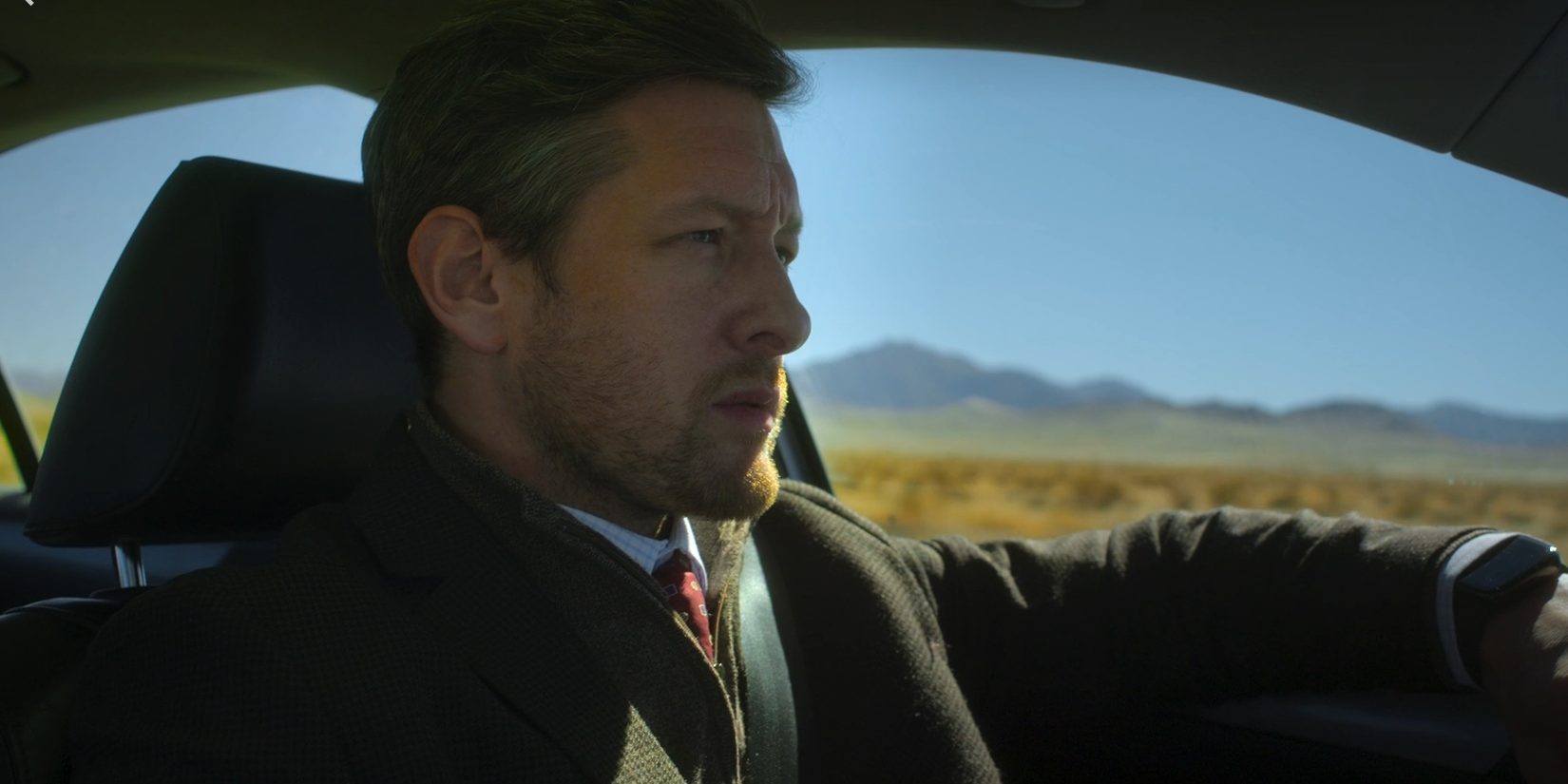
This is mainly because of a lack of technology, which led Argentina to offer incentives like tax breaks to attract foreign money, especially from China. Chinese companies have responded by increasing their involvement in Argentina, building lasting partnerships with local groups by investing in key infrastructure and sharing environmentally friendly technologies. In the narrative, this reality is closely resembled by the actions of Fernando, who tries to form an alliance with Mapple Corporation to ensure that Lithium is heavily extracted. This is also the reason behind his opposition to the Water Bill, which will essentially curb the power of the state and corporations to extract Lithium without limits or regulations.
So, Fernando’s character arc is not just a case of portraying a corrupt politician, but it also reflects the geopolitical reality of the region he serves. He deliberately ignores the costs of unregulated Lithium extraction and chooses to curry favor with large corporations. However, he does not do this purely for his own benefit because he believes that corporations will be able to provide jobs and resources to the people, despite the environmental cost. This tussle between nature and economic interests is at the heart of the narrative, which adds authenticity to its portrayal of Argentina’s political landscape.
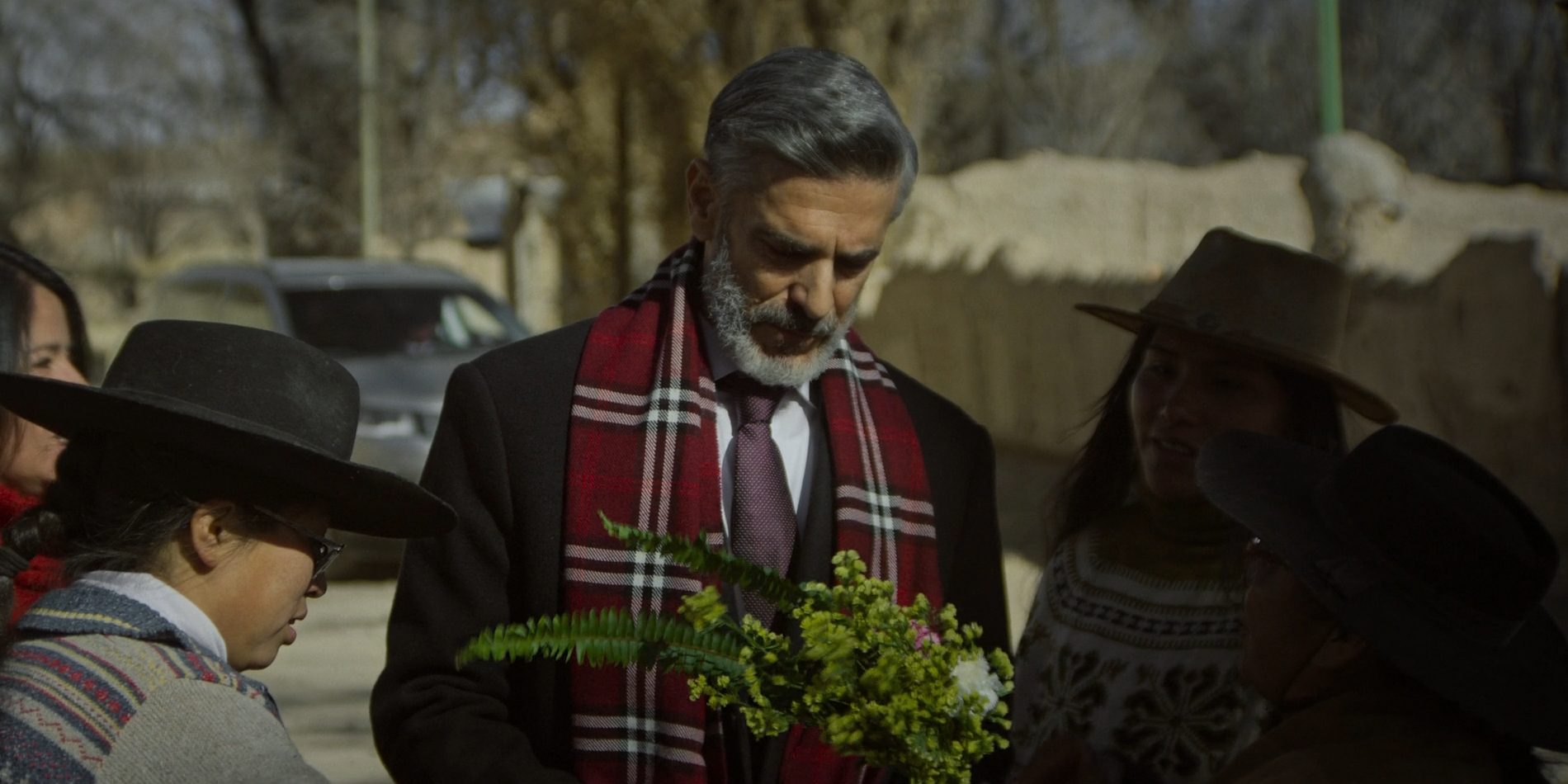
According to a 2025 report by Mongabay, in 2022, the International Finance Corporation (IFC), the private sector arm of the World Bank, provided a $180 million loan to Allkem, an Australian mining company. This loan was designated for a lithium mine located in the Salar del Hombre Muerto salt pan, situated in Argentina’s Catamarca province. The report adds that Salar del Hombre Muerto faces water shortages exacerbated by lithium mining, and the project failed to adequately consult with local communities. Some critics also pointed out that the project is a violation of international law, and the mines compromised the ancestral territory of Indigenous communities. The intertwining of fiction and reality is evident in this case, as the show makes very specific references to the rights of indigenous people and the way lithium mining is harming them.
Read More: Is Highest 2 Lowest Based on a True Story?

